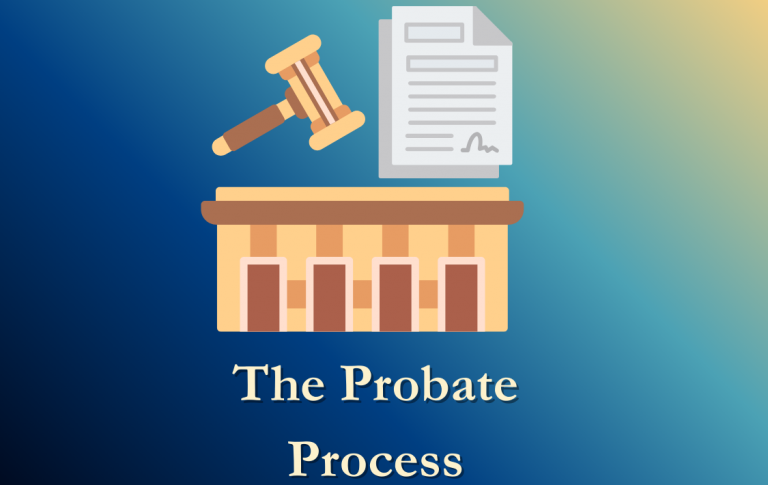The Role of a Last Will and Testament
A Last Will and Testament is one of the most well-known estate planning tools. A will is a legal document that allows a person to state how their property should be distributed after death. While many people assume a will is straightforward, there are important details to understand about what a will can and cannot do under Texas law.
What a Will Can Do in Texas
A properly executed will can:
- Distribute property – A will directs who should receive property owned solely by the individual at the time of death.
- Name an executor – This person is responsible for managing the estate, paying debts, and distributing assets.
- Appoint guardians for minor children – Parents can use a will to name someone to care for their children if both parents pass away.
- Provide instructions for handling property – A will can set out specific gifts of money, personal items, or real estate to particular people or organizations.
What a Will Cannot Do
There are limits to what a will controls. For example:
- Non-probate assets – Life insurance, retirement accounts, and payable-on-death accounts typically pass according to beneficiary designations, not the will.
- Jointly owned property with survivorship rights – Property held in joint tenancy usually passes automatically to the surviving owner.
- Avoiding probate – A will does not bypass probate; instead, it provides instructions for the probate court.
Requirements for a Valid Will in Texas
Under Texas law, for a will to be valid it generally must:
- Be made by a person of sound mind who is at least 18 years old (or serving in the armed forces).
- Be in writing.
- Be signed by the person making the will (the “testator”).
- Be witnessed by at least two credible witnesses (unless it qualifies as a handwritten holographic will, which has different rules).
Final Thoughts
Wills can be an important part of an estate plan. Creating a comprehensive estate plan can involve more than just drafting a will. Depending on your circumstances, you might also consider trusts, powers of attorney, medical directives, beneficiary designations, or other estate planning documents.
DISCLAIMER: This blog post is for general informational/educational purposes only and does not constitute legal advice. Reading this post does not create an attorney-client relationship. Every situation is different, and you should consult with a qualified attorney about your particular circumstances. For the full disclaimer, click here.









